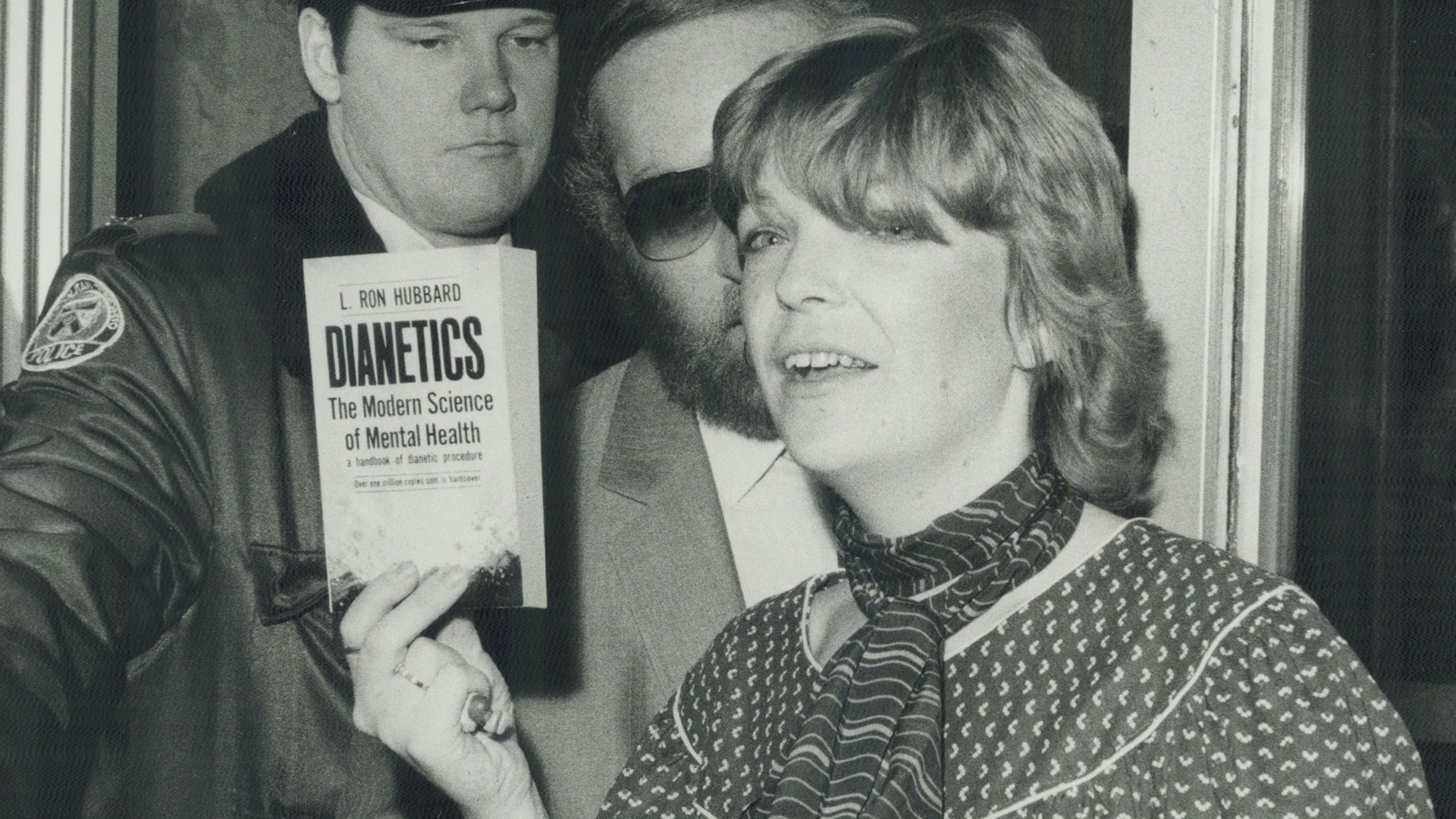The Basic Principles Of Dianetics
The Basic Principles Of Dianetics
Blog Article
8 Simple Techniques For Dianetics
Table of Contents10 Easy Facts About Dianetics ExplainedThings about DianeticsThe Best Guide To DianeticsThe Facts About Dianetics Revealed
I couldn't ever not wish to get anything that enters your mind for you- if it was otherwise, I would not be resting right here with you, doing this. I not only might never have a problem, or otherwise wish to hear something that enters your mind for you, yet I'm entirely eager to recognize every idea, every idea, every picture or feeling that arises or materializes for you- don't ever think or else, and if for one reason or another you do, please just allow me understand! Sometimes, you might have a thought, and photo, concept or occurrence appear that does not appear to respond to the question, or relate to it, yet however, constantly do tell me about it, and as we continue, the importance will certainly arise for you.This is fundamental in the basis of processing, and the topic of this conversation: the basic functions of the counselor and the client: The basic duty of the therapist is, unlike "typical training", not to regulate, which implies to apply and/or prevent, yet to rather work from the basis of EMPOWERING THE CUSTOMER.

Dianetics Can Be Fun For Anyone
John Mcmasters shared this fundamental fact wonderfully well in among his lectures on Power handling, where he clarifies exactly how he was asked what this "special flair" was that he had for providing such excellent sessions; he had to consider that for a moment, and detected that it was what he had not been doing, along with what he was doing: he had not been reviewing, judging, computing, or in truth, creating any type of thoughts, let alone verbal expressions, after offering the command and while waiting on the computer to complete their answer to their contentment; he was, just and only, existing with the PC, and entirely interested.
The duty of the counselor, demonstrated; that was his "unique flair". I have had my own experience which educated me this well, very beforehand in the game. In 1982, having actually just recently completed my training and teaching fellowship on New Age Dianetics, I was running this on a COMPUTER, and there was a point in the session where (being a bit damp behind the ears not yet having lots of hours under my belt as a professional auditor) the PC appeared to be "taking as well lengthy" to express anything verbally after like this I offered him a command.
This trick turned out to be the most valuable contribution that John ever before made to the topic of treatment or bookkeeping (Dianetics). In my humble point of view, it is the biggest contribution that anyone has ever before made to these subjectsthe application is completely non-judgemental, non-evaluative, and without any pointer, advice or opinion.no preconditioned schedule for people, or 'levels' that they need to do
In Scientology we prided ourselves on not examining for individuals. All that truly indicated was that the auditor did not VERBALLY assess for the Computer in session.
How Dianetics can Save You Time, Stress, and Money.

Any person that had actually ever seen John audit might not assist however notice an one-of-a-kind high quality in his auditing."The client's standard duty is to be there with the function of relocating the direction of their spiritual goals, and to openly and completely share and experience whatever shows up for them in resource responding to the questions and executing the guidelines in the handling.
This is something to procedure as needed. Likewise, people often have previous experience and/or indoctrination in auditing/processing which, in some methods, and to some levels, actually misguides them into mindsets, ideas and habits patterns that protect against the complete awareness of these functions, and so they will tend to prevent the expressing of what comes to mind, as in the instances offered over - Dianetics. * The her latest blog first, and possibly leading examples of mis-indoctrination leading to much less than entirely smooth and effective sessions, can be located in certain elements of the training regimens, or "TR's":"TR's" are often a person's very first, or at least early, experience in Scientology, and while I will take place to describe what I view as the flaws in concept and technique, however, have a tendency to be greatly healing, done as they are offered (Hubbard urges that "TR's are not refining, they are educating", but factually, they are both processing AND training)
Alan Walter made similar monitorings, and improved these with his "Visibility Processes". There is no "failing", and no rejection of the fact of this being handling. The focus, as it must be, is on experiencing the other individual's presence. All the symptoms which get a "fail" in doing "TR-0" are merely the being's initiatives to stand up to the various other person's presence, and instead of being harassed and nagged with "Flunk", which imposes "failure!" on the being, one merely requires to be encouraged to "stick their feet in the water a little deeper", to progressively refurbish their ability and willingness to completely share and experience "being right here", or "existence", with others.
Getting The Dianetics To Work

Report this page